Rethinking Race, Class, Language, and Gender
Rethinking Race, Class, Language, and Gender
A Dialogue with Noam Chomsky and Other Leading Scholars
Pierre W. Orelus
Rowman & Littlefield Publishers, Inc.
Lanham Boulder New York Toronto Plymouth, UK
Published by Rowman & Littlefield Publishers, Inc.
A wholly owned subsidiary of The Rowman & Littlefield Publishing Group, Inc.
4501 Forbes Boulevard, Suite 200, Lanham, Maryland 20706
http://www.rowmanlittlefield.com
Estover Road, Plymouth PL6 7PY, United Kingdom
Copyright 2011 by Pierre W. Orelus
All rights reserved. No part of this book may be reproduced in any form or by any electronic or mechanical means, including information storage and retrieval systems, without written permission from the publisher, except by a reviewer who may quote passages in a review.
British Library Cataloguing in Publication Information Available
Library of Congress Cataloging-in-Publication Data
Rethinking race, class, language, and gender : a dialogue with Noam Chomsky and other leading scholars / Pierre W. Orelus.
p. cm.
Includes bibliographical references and index.
ISBN 978-1-4422-0455-3 (hardcover : alk. paper) ISBN 978-1-4422-0457-7 (ebook)
1. Critical pedagogyUnited States. 2. Discrimination in educationUnited States. 3. EqualityUnited States. I. Orelus, Pierre W. II. Chomsky, Noam.
LC196.5.U6R485 2011
379.260973dc22 2011007288
 The paper used in this publication meets the minimum requirements of American National Standard for Information SciencesPermanence of Paper for Printed Library Materials, ANSI/NISO Z39.48-1992.
The paper used in this publication meets the minimum requirements of American National Standard for Information SciencesPermanence of Paper for Printed Library Materials, ANSI/NISO Z39.48-1992.
Printed in the United States of America
To Joe Kincheloe
This book is dedicated to the late public intellectual, professor, and mentor, Joe Kincheloe, to whom I am most grateful for helping me publish my first book while I was a doctoral student and for mentoring me and many more emerging scholars and students. Joe was the humblest and kindest person that I have ever met.
Foreword
Revolutionary Critical Pedagogy against the Resurgence of Confederate Ideology
Peter McLaren
Rethinking Race, Class, Language, and Gender comes at a portentous time. Following in the wake of the collapse of free market fundamentalism, the ever-turbulent topic of race is at the forefront of discussion, even when it is discernibly absent from view. The ever-present tendency to view race as a code word for special interests has never been more prevalent, even though Blacks, Latino/as, and other oppressed minority groups still lack the social power to transform in any serious way the complex system of social relations that oppresses them. With the first African American president now at the helm of the country, a powerful White backlash has been unleashed against people of color. The mere mention of race in the public square is now considered by many White people (who consider themselves to be the new, unacknowledged, oppressed) to be a declaration of war against them.
While capitalism is seen as naturally producing the conditions for democracy, it has become increasingly clear that capitalism has, in truth, betrayed a long history of calculated insouciance toward democracy, necessarily subordinating it to the requirements of capitalist production. While the United States beckons enticingly to the world as the greatest living democracy, behind its multiparty elections and its claims to be representing the people it has revealed itself to be little more than a caricature of democracy, spawning a cruel and demeaning racialized hierarchy that has worked to transform living people into alienated people on a magisterial template bloodied by the crimes of history that clearly reproduces White privilege and legitimates White violence. But the problem of creating a democracy of equal opportunity and outcomes goes well beyond the United States. Indeed, one of the greatest challenges of the twenty-first century that we are now facing is what Manning Marable (2006a) has coined as the problem of global apartheid. Marable describes this condition as the racialized division and stratification of resources, wealth, and power that separates Europe, North America, and Japan from the billions of mostly black, brown, indigenous, undocumented immigrant and poor people across the planet. The poison of global apartheid percolating through the veins of America is made possible and protected by what Marable refers to as the new racial domain . This new domain of exploitation and suffering is different from the old racial domain of slavery, Jim Crow segregation, ghettoization, and strict residential segregation that were grounded in the political economy of U.S. capitalism, where antiracism was linked to the realities of domestic markets and the policies of the United States. Whereas the struggles involving the old racial domain were debated within the context of Americas expanding, domestic economy, and influenced by Keynesian, welfare state public policies, the new racial domain, by contrast, is driven and largely determined by the forces of transnational capitalism and the public policies of state neoliberalism. Marable describes these forces as an unholy trinity, or deadly triad, which he enumerated as unemployment, mass incarceration, and mass disenfranchisement.
Echoing Marables sentiments, E. San Juan (2009b) writes,
No doubt, racial thinking still pervades the consensual procedures of our societyfrom the categories of the Census to the neoconservative attack on Affirmative Action and the gains of the Civil Rights struggles. It has acquired new life in the sphere of public, especially foreign, policy whenever officials rearticulate the binary opposition between us (citizens of Western civilization) and them (the barbaric fundamentalists, rogue states, terrorists of all kinds). The common life or national identity rises from the rubble of differences vanquished, ostracized, and erased. The twentieth century that ended with wars in the Middle East, Africa and the Balkans, thus began with the entry of the United States as competitor in the game of colonial plunder.
Marable ties the processes of the new racial domain to the advent of neoliberal capitalism and to the emergence of the transnational capitalist class. The social consequences of these policies has witnessed the creation of
an unequal, two-tiered, uncivil society, characterized by a governing hierarchy of middle- to upper-class citizens who own nearly all private property and financial assets, and a vast subaltern of quasi- or sub-citizens encumbered beneath the cruel weight of permanent unemployment, discriminatory courts and sentencing procedures, dehumanized prisons, voting disenfranchisement, residential segregation, and the elimination of most public services for the poor.
Here, Marable echoes the view of Ahme Shawki (2006), who writes,
Both the ideas and institutions of capitalist society have been permeated by racism, influencing all aspects of society. But racism is not simply the result of the dominance of ruling class ideology in the government, media, and schools. There is a material basis for racism built into capitalist competition. (p. 245)
The material basis of racism in the United States, born of the colonial plantocracy of Virginia, and made manifest in todays transnational capitalist relations, is showing no signs of cracking. And while this material basis of racism remains largely hidden except to those with eyes discerning enough to see it, the epistemological roots of racism have been glaringly laid bare, although those committing the most egregious acts of epistemic violence (such as the Tea Party advocates and the Republican leadership that supports them) are loath to recognize it as such. Since the election of Barack Obama, right-wing pundits have unchained a racist fury across the U.S. mediascape, accusing the president of being demonstrably a racist, of pandering to people of color, of being a race-baiter, of being the most racial president, of having appointed a racist administration, of using a Black accent when he addresses groups of African Americans, of preying on White guilt and using racial anxiety to get himself elected, of defending racism, and of supporting civil rights groups that are nothing more than race-baiting poverty pimps.

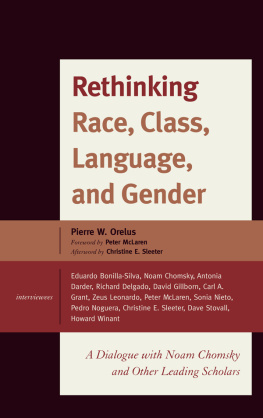
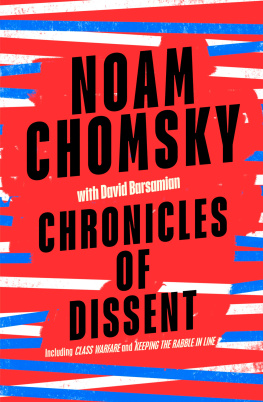
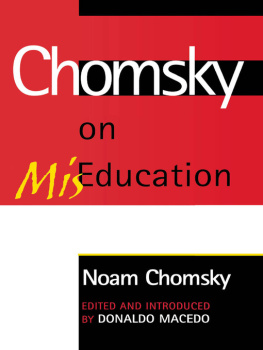

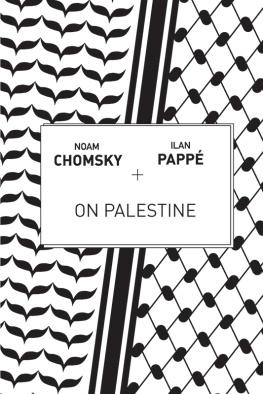

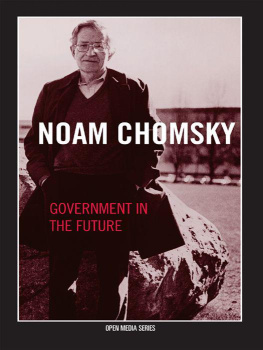
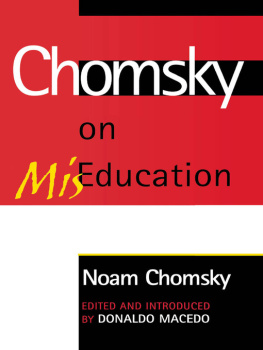
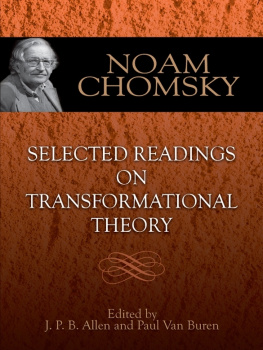

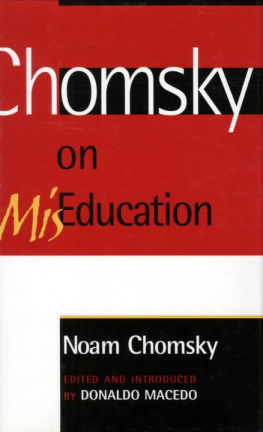
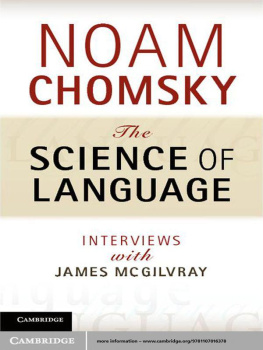
 The paper used in this publication meets the minimum requirements of American National Standard for Information SciencesPermanence of Paper for Printed Library Materials, ANSI/NISO Z39.48-1992.
The paper used in this publication meets the minimum requirements of American National Standard for Information SciencesPermanence of Paper for Printed Library Materials, ANSI/NISO Z39.48-1992.